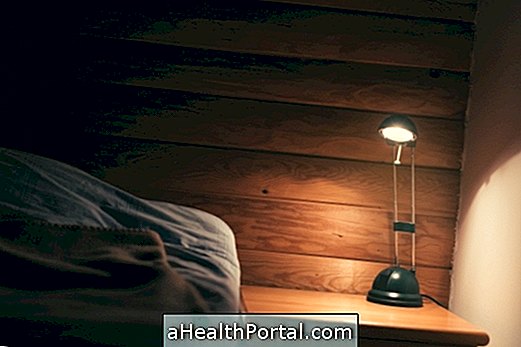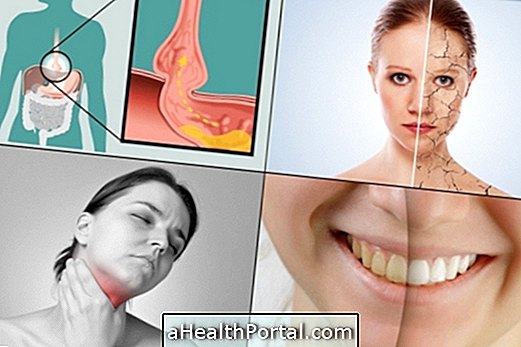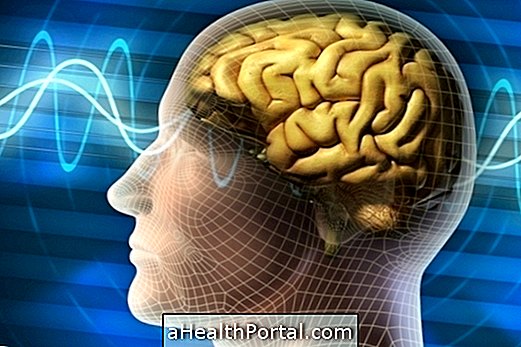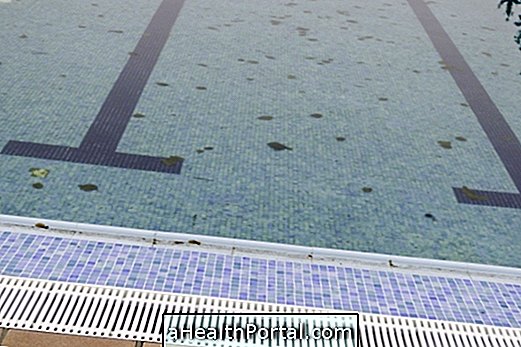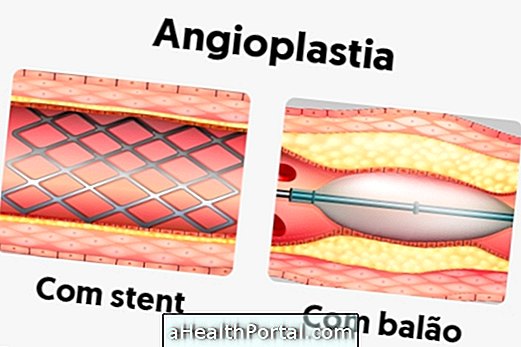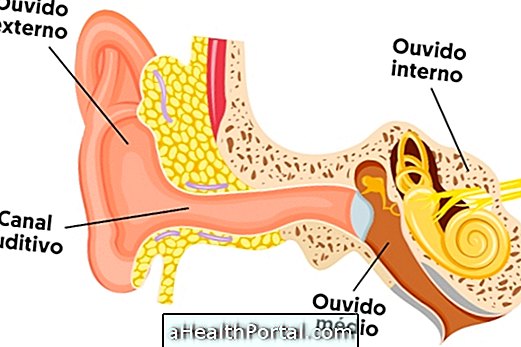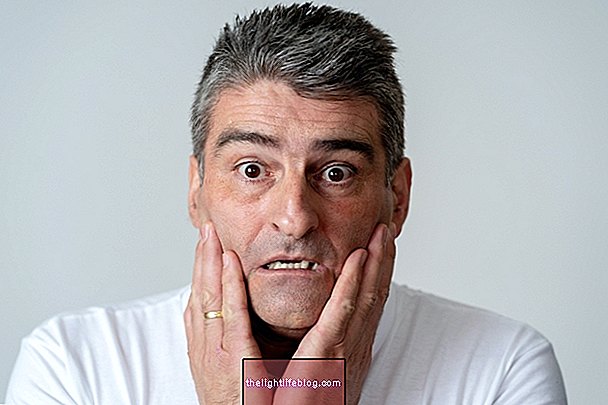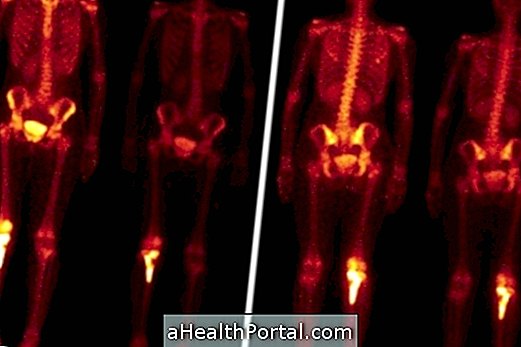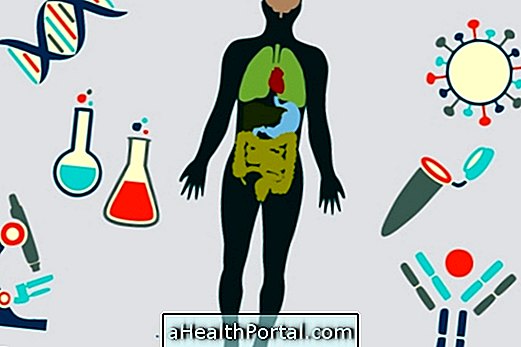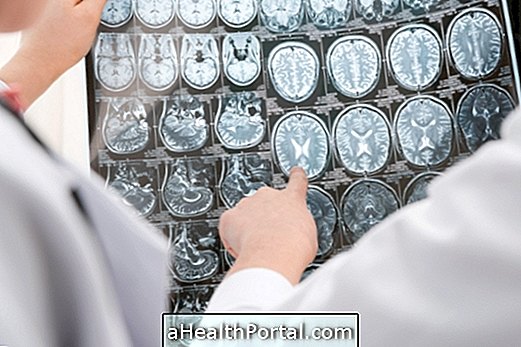Alcoholic Anorexia, also known as drunkorexia, is a eating disorder characterized by the ingestion of alcoholic beverages in place of foods to avoid calorie intake and weight loss.
This eating disorder can lead to the onset of common anorexia or bulimia, with the difference that in this case the sick person drinks alcohol to reduce hunger and cause nausea and nausea. In addition, alcoholic beverages such as a Central Nervous System inhibitor also suppress the anguish of being dissatisfied with the appearance itself, functioning in this case as an 'escape valve' for the feelings.
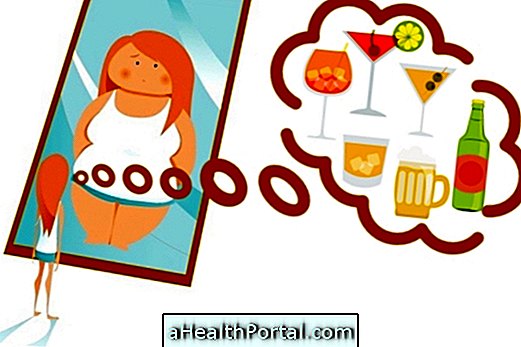
How to Identify
In addition to a thin appearance, there are other specific symptoms that serve as indications for the presence of this food syndrome, such as:
- The person looks in the mirror and sees themselves fat or constantly complain of their weight;
- Refusal to eat for fear of gaining weight and constant fear of gaining weight;
- Have little or no appetite;
- Person has very low self-esteem and easily makes negative jokes about her or about her body;
- She eats little or nothing and drinks a lot of alcohol, often drunk;
- Has alcohol dependence;
- You are always dieting or counting the calories of the food you eat;
- Take remedies or supplements to lose weight, although you do not need them, like diuretics and laxatives;
- He regularly does physical activity with the intention of only losing weight, not getting fit or gaining muscle, for example.
All these factors are signs that something may be wrong, in these cases it is recommended that the person be seen by a specialist. Those who suffer from this type of eating syndromes tend to try to hide the problem and so it is not always easy to identify early warning signs.
Often, Alcoholic Anorexia is also associated with Bulimia, another eating disorder that also leads to extreme thinness. Learn the main differences between these diseases in Differences between anorexia and bulimia.
What can cause this syndrome
The factors that lead to the appearance of Alcoholic Anorexia can be several, and include:
- Type of work: stressful jobs or in which the body is very important, as it happens in model careers;
- Depression and anxiety cause profound sadness, fears and constant insecurities that can lead to the onset of eating disorders;
- Pressure from family and friends to lose weight.
These are some of the major causes responsible for the onset of most eating disorders, but there may be others because the true causes may vary from person to person.
How is the treatment?
Treatment for Alcohol Anorexia includes therapy to end dependency on alcoholic beverages and to improve eating behavior and body acceptance. In some cases, the ingestion of dietary supplements may also be necessary to meet the nutrient deficiency in the body.
In addition, it is also often necessary to make a treatment of depression and anxiety, which may also be present.
In more severe cases, the disease progresses can evolve into severe anoxia or bulimia, and in these cases the treatment may have to be performed in hospital or clinics specializing in eating disorders, as it is necessary to inpatient for a 24-hour medical follow-up.
The treatment should always be complemented with therapy sessions with a psychologist or psychiatrist, because only with this help can a person cure this syndrome, learning to like their appearance and seeing their body as it really is.
During this stage, the support of family and friends is very important, since the treatment of this illness can last for months or years, being often recommended the integration in groups of support like Alcoholics Anonymous for example.
